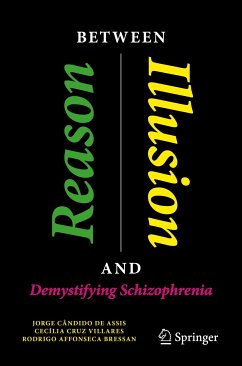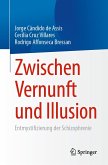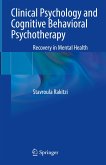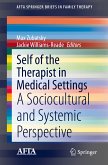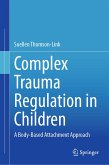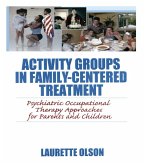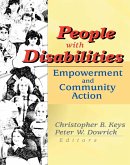Between Reason and Illusion: Demystifying Schizophrenia is an invitation to understand what it means to develop schizophrenia and to live with it throughout one's life. And this is an invitation to all those who are in some way affected by this condition: those who live with it, family members, friends, health professionals, and everyone who want to have a non-stigmatized view of mental disorders and people who live with them.
"Faced with psychosis, the person affected by the disease and the family are lost and go looking for alternative or spiritual help, which usually delays the beginning of treatment. Jorge, Cecília and Rodrigo had the courage to face a difficult theme and the happy idea of writing a book of an educational nature about schizophrenia. The book's originality lies in the fact that it was written taking into account the experience of the person with the disease and his or her family members in the face of this something new that has occurred in their lives". - Dr. Itiro Shirakawa, Professor Emeritus of the Paulista Medical School of the Federal University of São Paulo (UNIFESP/EPM), Brazil.
This book is a translation of an original Portuguese edition. The translation was done with the help of artificial intelligence (machine translation by the service DeepL.com). A subsequent human revision was done primarily in terms of content, so that the book will read stylistically differently from a conventional translation.
Dieser Download kann aus rechtlichen Gründen nur mit Rechnungsadresse in A, B, BG, CY, CZ, D, DK, EW, E, FIN, F, GR, HR, H, IRL, I, LT, L, LR, M, NL, PL, P, R, S, SLO, SK ausgeliefert werden.

